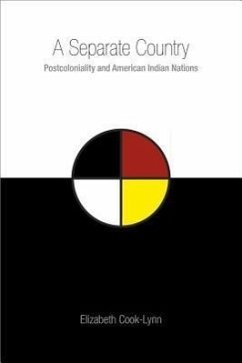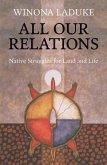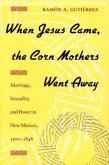Elizabeth Cook-Lynn takes academia to task for its much-touted notion that "postcoloniality" is the current condition of Indian communities in the United States. She finds the argument neither believable nor useful--at best an ivory-tower initiative on the part of influential scholars, at worst a cruel joke. In this fin de career retrospective, Cook-Lynn gathers evidence that American Indians remain among the most colonized people in the modern world, mired in poverty and disenfranchised both socially and politically. Despite Native-initiated efforts toward seeking First Nationhood status in the U. S., Cook-Lynn posits, Indian lands remain in the grip of a centuries-old English colonial system--a renewable source of conflict and discrimination. She argues that proportionately in the last century, government-supported development of casinos and tourism--peddled as an answer to poverty--probably cost Indians more treaty-protected land than they lost in the entire nineteenth century. Using land issues and third-world theory to look at the historiography of the American Plains Indian experience, she examines colonization's continuing assault on Indigenous peoples.








